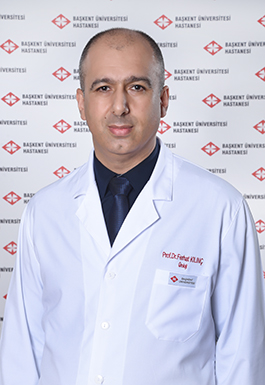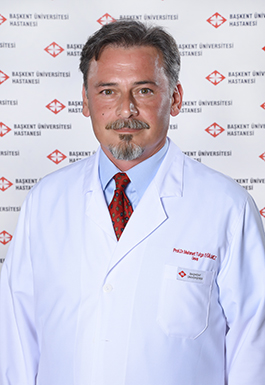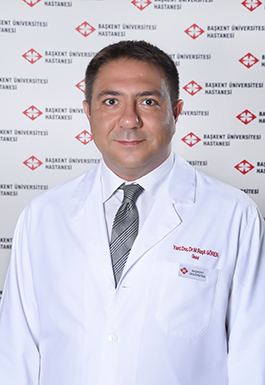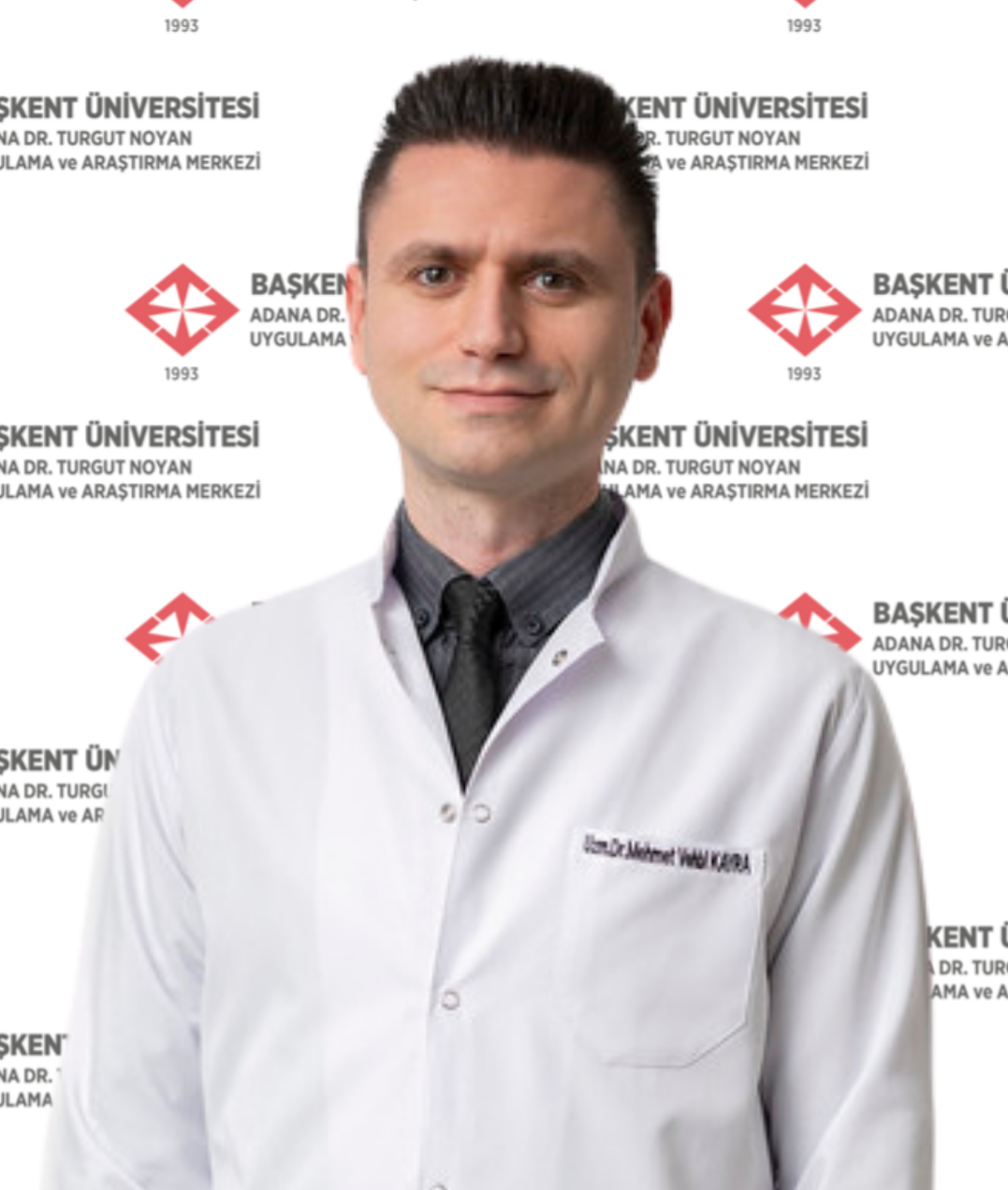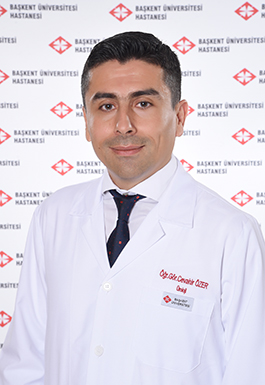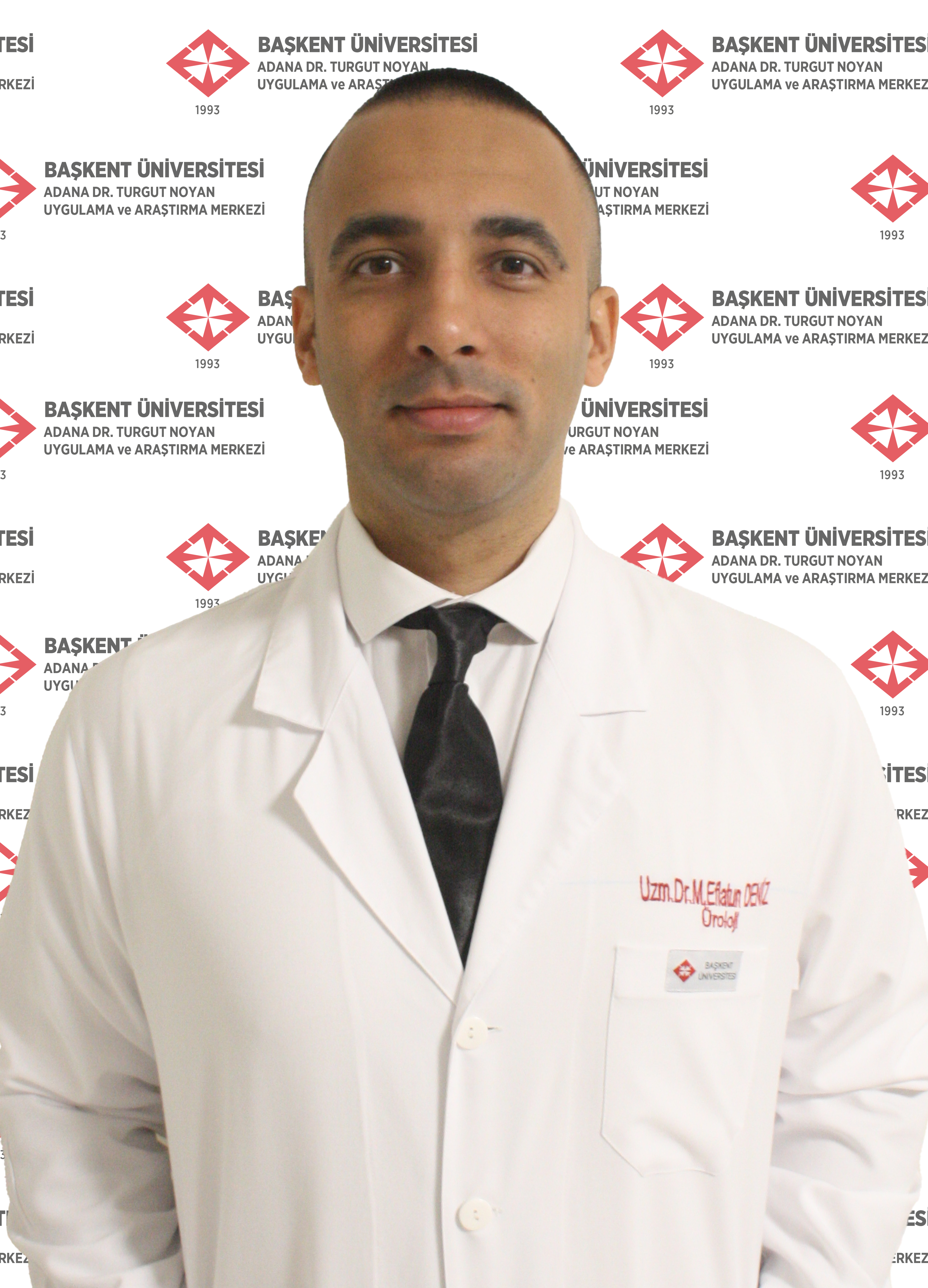The Department of Urology at our institution applies all current urological diagnostic and treatment methods and introduces new methods in line with the development of medicine as soon as possible. In addition to general urology practices, subspecialty applications are also successfully performed in our clinic.
The subspecialties in our clinic, the diseases they focus on, and the physicians involved are summarized below:
1) General Urology
2) Endourology: Urinary tract stone disease
3) Female Urology
4) Oncological Urology: Cancers originating from the urogenital system
5) Andrology: Male sexual health
6) Infertility: Male reproductive system diseases
7) Laparoscopic Urology
8) Pediatric Urology
9) Neuro-urology: Urinary incontinence, diseases related to the nervous stimulation of the urinary tract
10) Female Sexual Dysfunction: Female sexual health
Diseases
The most frequently diagnosed and treated diseases in our clinic are summarized below according to the subspecialties:
• General Urology
Urinary tract infections: These are diseases that usually develop due to bacteria (microbes), viruses, and other agents causing difficulty in urination, frequent urination, burning in the urine, etc.
Incontinence: The term "incontinence" means urinary leakage. Urinary incontinence is a clinical finding and can develop due to various urological and/or neurological reasons. Its diagnosis and treatment should be done under the supervision of a urologist.
Benign Prostatic Hyperplasia: This is a disease known as benign prostate enlargement or meat growth in the urinary tract, causing complaints such as frequent urination during the day and/or night, burning in urination, difficulty in starting urination, forked/intermittent urination, incomplete emptying of the bladder, and urinary incontinence in men over 45 years of age.
Kidney cysts: These are fluid-filled sacs that develop within the kidney tissue. Simple kidney cysts are found in one in every two people over the age of 50. Kidney cysts, which are generally benign, can rarely be malignant. Kidney cysts should be followed according to your doctor's recommendation as they may require follow-up, drainage, or surgical intervention depending on their size.
• Endourology
Kidney and Urinary Tract Stones: These are diseases that contain 80-85% calcium and occur in the kidneys and urinary tract. They can cause complaints such as flank pain, abdominal pain, blood in the urine, nausea, vomiting, and cold sweating.
• Female Urology:
Stress/Urge Incontinence: This is a disease caused by anatomical position changes of the bladder and the urinary canal due to reasons such as difficult childbirth, menopause, genital trauma, etc., leading to complaints such as leakage during coughing/sneezing or total urinary leakage.
Overactive Bladder: This is a condition where the bladder cannot fully perform its function of storing urine due to various reasons. Patients with an overactive bladder have complaints such as frequent urination (more than 5 times a day), difficulty in urination, burning/pain in urination, and sudden urge to urinate.
Cystocele: This is a herniation of the bladder towards the vagina due to various reasons. Patients with cystocele have complaints such as difficulty in urination, incomplete emptying of the bladder, and feeling the need to urinate again after urinating.
• Oncological Urology:
Kidney Tumors: Except for simple kidney cysts, any mass detected in the kidney is considered a kidney tumor. Kidney tumors generally do not cause any complaints in the patient until the disease progresses significantly. Kidney masses are usually detected as a result of examinations for other reasons. Kidney masses should be under the supervision of a urologist as they have specific characteristics in diagnosis and treatment.
Prostate Cancer: Prostate cancer is the most common cancer in men. Prostate cancer is usually a slow-progressing cancer type. It is possible to be completely cured of the disease with early diagnosis. For early diagnosis, it is recommended that men aged 45-50 have a prostate cancer check every two years, and men over 50 have a check every year. During the check, blood and urine tests and a digital rectal examination of the prostate are performed.
Bladder Cancer: This is cancer of the urinary bladder. It can cause complaints such as difficulty in urination, blood and clots in the urine. Smoking is the most common cause of bladder cancer. Bladder cancer is the second most common type of urological cancer after prostate cancer.
Testicular Cancer: This is a type of cancer originating from the male testicle. It is generally seen in men aged 20-40. Any mass felt in the testicles should be considered testicular cancer until proven otherwise, and the diagnosis and treatment program should be carried out
with the precision of cancer.
• Andrology
Erectile Dysfunction: This is a disease also known as impotence or difficulty in getting or maintaining an erection, causing problems in engaging in or continuing sexual intercourse. It occurs due to problems in the penile vessels in 80% of cases and due to psychological reasons in 20% of cases. Erectile dysfunction is most commonly seen in diabetic patients. It can also occur due to hormonal changes in men along with vascular problems as they age. Erectile dysfunction is a treatable disease.

